SEO is currently one of the most sought after skills in the digital landscape of the world. If you are a business person, a marketer or an individual planning on changing their career path, SEO is something you need to learn. But is it possible to become an SEO expert in 60 days? The answer is yes but only if it follows a proper and concise strategy.
Thus, we will present a clear plan with clear instructions for implementing it in the article below, divided into 10 actionable steps to effectively study and use SEO in two months. Let’s dive in!
Table of Contents
Learn the Basics of SEO (Days 1–3)
Let me begin by explaining the basics on Search Engine Optimization. Before diving into tools and techniques, grasp these basic concepts:
What is SEO? It is the process of enhancing website to increase its ranking on the search engine such as Google, Bing or Yahoo.
Why is SEO important? The general rule is that the more traffic a site has, the more conversions and thus revenue is generated.
SEO Components: Study on page optimization, off page optimization and technical optimization.
Spend the first three days reviewing basic information from the SEO beginner’s point of view, like Google SEO Starter Guide. This will provide you with a platform from which you can start your work.
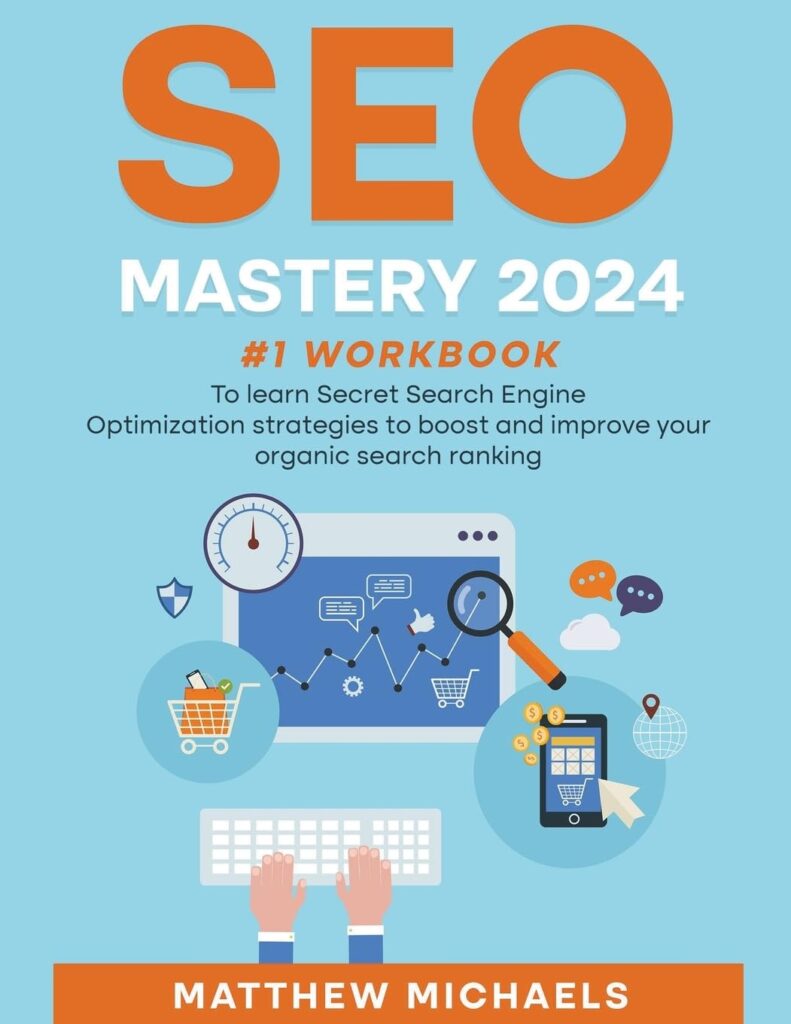
About Keyword Research (Days 4-7)
Keywords are the fundamental of SEO. The first step in ranking your website is to understand what people are looking for and what you can offer that answers their questions.
This is because it is possible to use free tools such as Google Keyword Planner, Ubersuggest, or AnswerThePublic.
Determine simple keywords such as ‘SEO tools’ and specific keywords such as ‘best free SEO tools for beginners’.
Determine keyword type—whether it is informational, navigational or commercial.
Use these days to practice the keyword research on the topics that you are conversant with.
On Page SEO – Get used to it (Days 8–12)
On-page SEO is the process of optimising the website’s content and HTML elements of the website. Here’s what you need to focus on:
Title Tags: Choose short and to-the-point, and, at the same time, contain keywords.
Meta Descriptions: The descriptions should be informative, but also interesting.
Headings: For header 1 use title of the particular section or page and for header 2/3 use the subheadings.
Content Optimization: Use the keywords in the content and do not overdo it on the keyword density.
Apply these techniques on a blog or a website you own, or create a new one for the purpose.
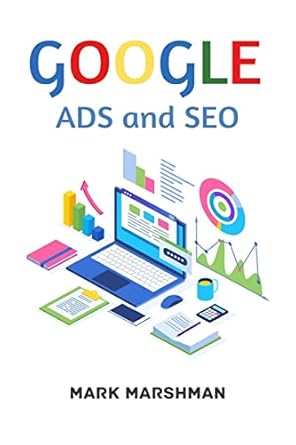
Let’s go deep into Technical SEO (Days 13–18)
Technical SEO is a process that focuses on optimising the internal aspects of your website. Though it sounds complicated, a few key aspects can make a significant difference:
Page Speed: It is advised to use google PageSpeed insights or Gtmetrix to check the speed your sites. It is also important to compress images and use caching tools in order to reduce images loading time.
Mobile-Friendliness: Make sure your website is mobile friendly.
URL Structure: Choose the clean and descriptive URLs with the proper keywords.
XML Sitemaps and Robots.txt: Find out how to make these files for enabling search engines to crawl your site.
Specific Concerns: Content Mastery (Days 19 through 25)
As in many other areas of marketing, content is considered to be the king in the sphere of SEO. As a result, to attract and maintain the flow of visitors, you should use only high-quality, interesting, and SEO-friendly content.
Write for Humans First, Search Engines Second: Your content should be simple and meaningful to the readers.
Focus on E-A-T: It is clear that the factors of Expertise, Authority, and Trustworthiness are important for ranking.
Include Multimedia: It is also good to include images, videos and infographics to the content to increase its attractiveness.
Internal Linking: Link your content to internal pages in order to enhance the navigation.
These days are perfect to write and edit your own blog posts or website pages.
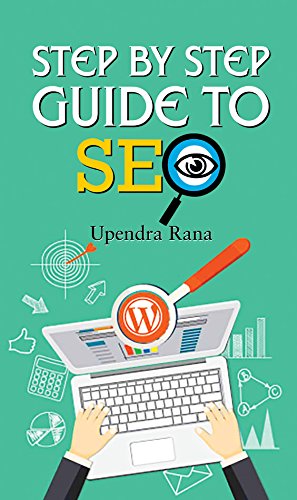
Understand Off-Page SEO (Days 26–30)
Off-page SEO is the process of improving the ranking of your website through factors outside of your web page. The most important aspect is link building:
Guest Posting: Contribute articles to other websites and in your articles make sure to link back to your own website.
Social Media Promotion: To increase traffic on your content, share it on different platforms.
Directory Submissions: Submit your site to the relevant directories to get backlinks for your niche.
The quality of backlinks is more important than the quantity of backlinks to your site.
Time for Training: Days 31 – 35: Learn How to Use SEO Tools
SEO tools make your work easier and present you with more information. Here are some must-learn tools:
Google Analytics and Search Console: Inspect traffic, control the site’s performance and address indexing problems.
SEMRush or Ahrefs: Keyword research, monitoring of the site’s ranking, and competitors’ analysis.
Yoast or Rank Math: All these plugins help to optimize your WordPress site easily.
Use the time to learn about how these tools work by spending time practicing on them.
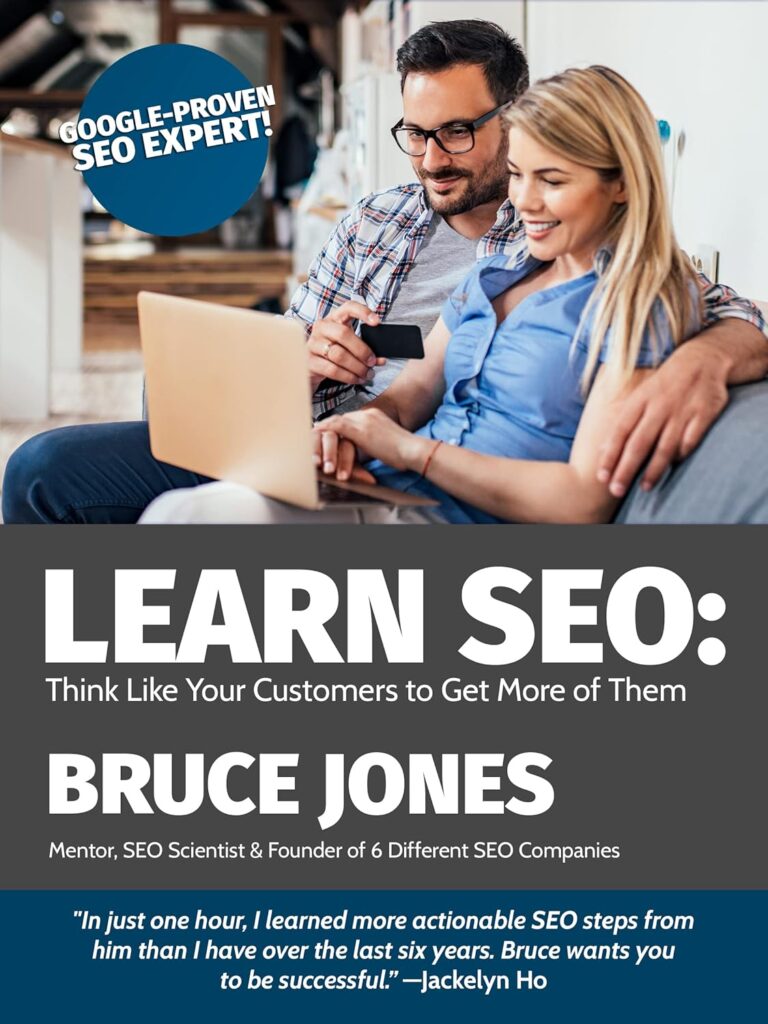
Learn SEO: Think Like Your Customers to Get More of Them
Competitive Analysis (Days 36–40)
Competitor analysis is one of the most effective methods of improving the SEO strategy. Here’s how:
Identify Competitors: Go to Ahrefs or SEMRush to find out sites that are ranking for the keywords you want to target.
Analyze Content: What content are they discussing? How specific is their content?
Backlink Strategy: See where their backlinks are coming from and then attempt to mimic what they are doing.
This will give you insights of what is popular in your niche.
Use your knowledge with real projects (Days 41–55)
Education is something but implementation is another. Use these two weeks to work on real-world projects:
Optimize a Blog: Create your own blog and apply all you’ve gained during the course.
Help a Friend’s Business: Suggest to help enhance the company’s website with better SEO as an example.
Freelance Work: Look for small SEO jobs on Upwork or Fiverr or any similar websites.
Repetition will help you reinforce the information you have learnt and also increase your self confidence.
Activities for Track and Improve Results (Days 56–60)
The last one is a description of how the goals are achieved, and the progress towards the goals is evaluated. Focus on:
Keyword Rankings: Analyse how effectively your target keywords are doing it.
Traffic Analytics: Some of the changes that need to be tracked include; The use of Google Analytics to track changes in traffic and behavior.
Backlink Profile: Backlinks can be evaluated using tools such as Ahrefs, where you want to know how many quality backlinks you have gained.
SEO is not a one shot activity but a process, so make sure to continue practicing even after the 60 days.
Conclusion
It is possible to become an SEO expert within 60 days if you are disciplined enough to follow a laid down plan. The slope may look steep, but the theory and practical application of SEO will enable you to learn fast than you imagine. Just bear in mind that SEO is not a ‘fix it once’ type of job; it is a long-term strategy. Continuously learn, try and innovate with the changing trends and you will never go wrong with your SEO strategy.

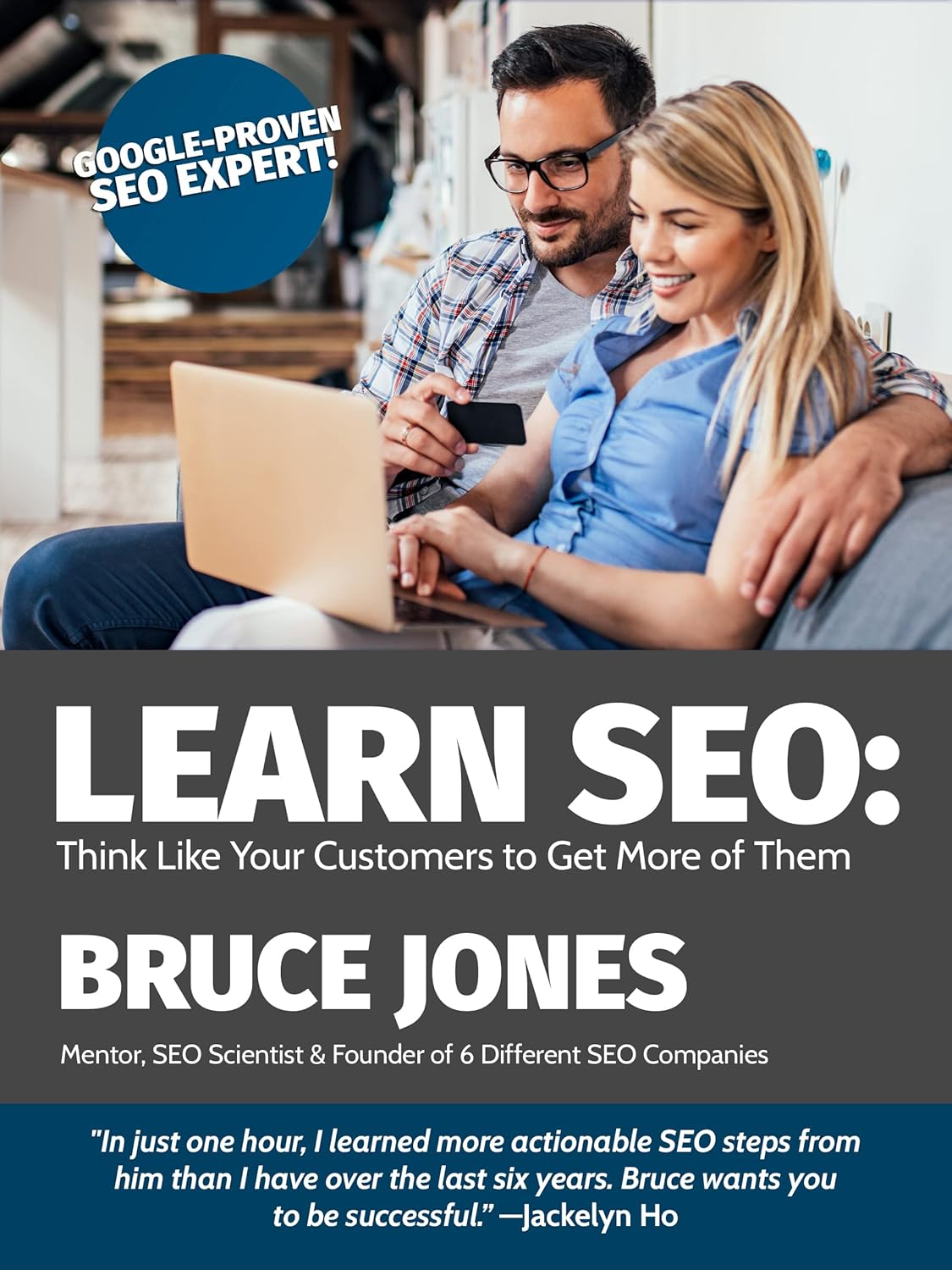
One thought on “How Can I Become an SEO Expert in 60 Days?”